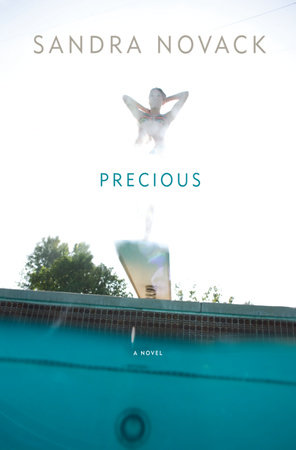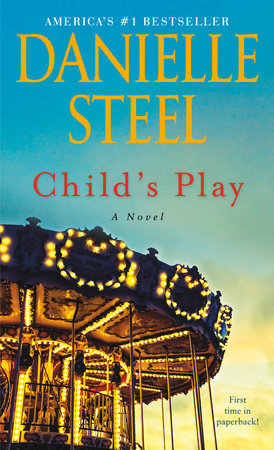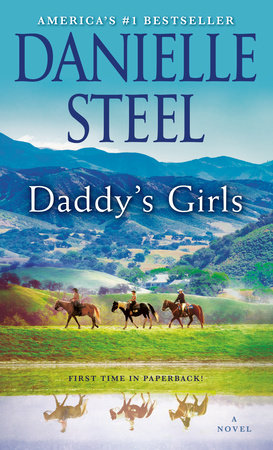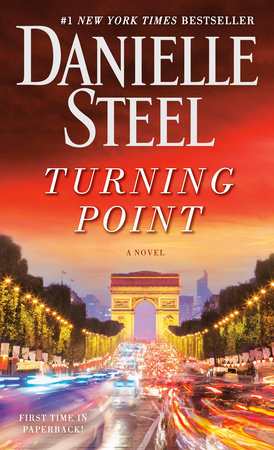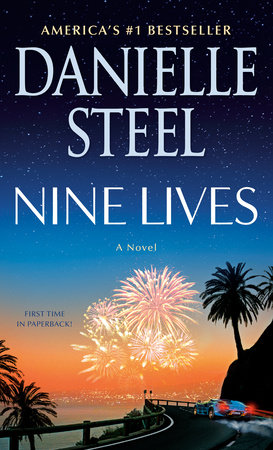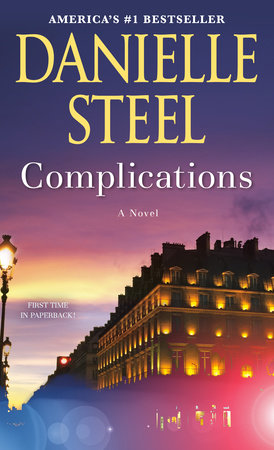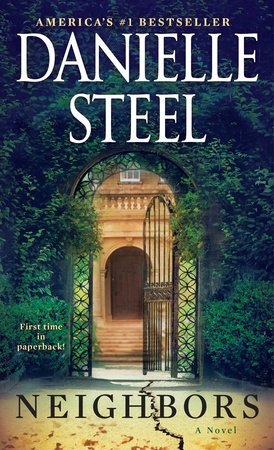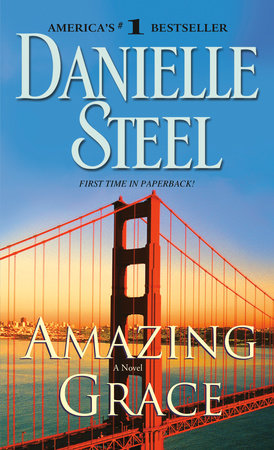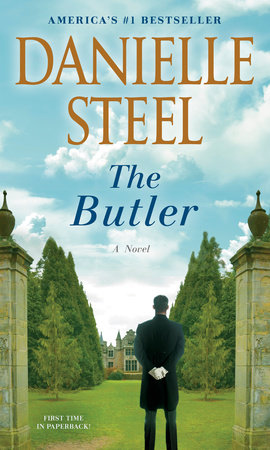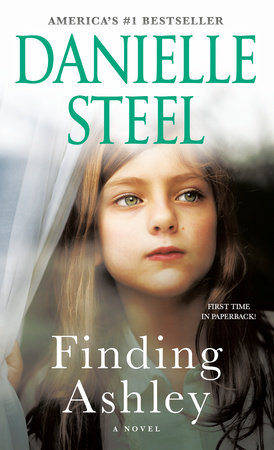A Conversation with Sandra Novack
Precious is your first novel. How long did it take you to write, and what was the process like? Had the premise been swimming around in your head for a long time, or did the plot evolve as you wrote?
It was a bit of both, I suppose. The idea of the novel had been with me, though the plot evolved as well. I didn’t, for example, have any sense that Natalia would come back home, nor did I know until quite late what had happened to Vicki Anderson, the girl who goes missing at the novel’s opening. In part, I make a lot of choices in favor of structure–structural parallels, variations on theme and image. When I began the novel the possibilities of the world seemed rather endless, but every choice made on the page laid a new constraint and began to shape and to hone the world. That said, the story is and has always been inspired by an event from my life, that when I was seven, my sister ran away from home. So the idea of disappearances and probably the image of the girl riding off on a bike were always there, for a very long time, as was the town’s general setting and shape.
Your author’s note at the front of the book states that there are autobiographical elements of the story. Was it a vulnerable experience putting pieces of your life out there on the page? Have you ever considered writing a memoir?
It was hard to write from a place within me that had been silent for so long. After my sister left, that event was so painful my family stopped talking about her–it was too difficult, understandably so–but when you stop telling stories people can disappear even more. Writing is a great counter force against that negation, even if it is fiction that I’m crafting. I felt vulnerable in a way because of the emotions that writing stirred in me. But this is also the truth: I don’t know my real sister well. I might even say I don’t know her at all; I don’t know reasons for things, for why she left. So it could never be memoir, and I’ve never been a person very interested in writing “truth” or “real” life, anyway. I find life too messy. Things happen in our lives and we don’t always know why, ever. What fiction gives me is a way to make sense of chaos. A story might be sad, bad things might happen, but they’re ordered in a way that feels logical, inevitable. If someone leaves in a fictional world, if they run off, or so forth, you, as a writer know why they do. And that’s soothing to me in a way, that imposition of order. I can only invent to get at what for me is some sort of emotional truth about how we lose loved ones, how we struggle to move on, how we remember to affirm our sense of humanity and to keep that love alive within us.
You write so convincingly from many different perspectives in this novel: a ten-year-old girl, a teenager, a mother and middle-aged man. Which voice was the most challenging for you? Why did you decide to represent all of these characters’ points of view, and is there one you’re more attached to than the rest?
Frank Kisch was by far the most difficult, because he never seemed to want to talk with me as I composed. At first I thought this was because I was writing a male perspective, but I’ve been doing that again of late and feel that the characters are quite talkative. Perhaps it was a difficulty in opening up something inside me that doesn’t want to talk. In a similar vein, Ginny Anderson was difficult to write as well, in part because she was guilt-stricken and grieving. My favorite character is probably Sissy, simply because she embodies an innocence and is unable to understand the “real” (or adult) world around her. It made me very protective of her as I wrote, because I knew that innocence couldn’t be sustained in the narrative.
As for the omniscient point of view: I made a choice early on that the narrative needed things in it beyond the characters’ knowing and sensibilities, such as Natalia’s history and the gypsy camp. I always had a feeling of “drifting” for the book, that the camera eye would roam, like gypsies wandering the countryside and never attaching to anything or anyone too long. And then I worked at building that into the narrative, with lines that reinforced that idea, like Natalia’s statement about how even “God’s eye wanders like a gypsy and bad things come through.” The expansiveness of the vision appealed to me, though I’d never once tried writing omniscient before that moment.
Through Natalia’s character we receive a rich sense of Hungarian history, and also a look into the Gypsy culture. What drew you to this culture, and how much research was involved in the writing of Precious?
Well, I am Hungarian and Polish on my father’s side, and my ancestors are relatively new to this country. I would hear bits of stories about the “gypsies” in his family, and that led to my fascination with the Roma people. Then, at some point, I came across Isabel Fonseca’s wonderful book: Bury Me Standing: The Gypsies and Their Journey. In it, there was a story about the gypsy camp at Auschwitz, and a young Roma girl who was sent to be hanged. She was, though she didn’t die; she passed out instead. This was discovered and she was then hanged again. That story was so awful to me, to imagine what that little girl must have felt going through something so horrific, not only once but twice. I started to imagine what would have happened if she would have survived? If someone did take pity on her and smuggle her out? What type of person might she have become? Natalia was born of that musing.
Coupled with this, I’m deeply saddened that the Holocaust survivors are dying off, and that there is still a large part of the population who would willingly write them out of history, along with their experiences. You might see where I was coming from, in less concrete ways, if you knew I’m also interested in issues of "scale" and scope: Think of the more publicly known events of the Holocaust, and compare that to much smaller events, such as a family tragedy of some sort. You are only alive (in a way) as long as people remember you, as long as the stories survive to recall those tragic events. Large, global events, while certainly more gruesome and devastating, in an odd way leave room for more collective sharing of history, and perhaps even for healing when that grief is so publicly shared; and the other, smaller loss is, because private, more easily dismissed and forgotten. The scale is so small it hardly matters, except to a few.
How did you become a writer? Did you know when you were very young that this was what you were going to be? What was your MFA experience like, and would you recommend a writing program for aspiring novelists?
I came on writing late, actually. I grew up in a blue-collar family, and creative writing as a career would probably have been viewed as an indulgent pursuit. I paid my way through school and studied psychology, had plans to perhaps be a counselor. Late in my undergrad program, I stumbled into a creative writing class as an elective, and I really liked it, and the teacher. Even though I was awful, she took the time to give me extra feedback, and take me out for coffee, that kind of thing. So I took another writing class when she suggested it. I switched to English for a Masters with creative writing emphasis, but it was, at heart, a literature program. So I plugged away with that before deciding to concentrate only on writing. I did my MFA at Vermont and studied with some wonderful writers. I still wasn’t very good at craft during much of this time, but by then it was too late to think of giving up. In fact, I made more choices in favor of writing, until writing was really all that was there. You can’t be in this field if you think you’re going to fail. You have to believe in inevitable success and work toward it. But that doesn’t mean it’s not amazingly surprising when, after a time of being alone and working day-in and day-out, you catch the eye of someone you really respect: your agent, or your house, or your editor.
I don’t think you necessarily need an MFA to be a writer, but you do need a dedication to craft and reading. The MFA helps in that it actually provides a space in which, for two years, you can think of yourself as a writer, and you can study with working writers. But the hard work mostly comes after that, in those years of doing things on your own and plugging away. The world doesn’t care if you write or don’t write, who said that? I think it’s true. So you have to find the motivation in yourself to say it does matter; it matters a great deal, as much as breathing in air. And so you get up and do it each day.
While Precious explores many themes, at its core it’s about family. What exactly about family did you want to convey to your readers?
Oh, I think each family’s endurance, even as times and people and family structures change and grow and break apart, and come together, how families are still the core basis of our love, our stories, and our memories.
Which authors have influenced your work the most? What are a few of your favorite books?
I’ve always loved the types of people Raymond Carver writes about. From reading his work, I developed a better rhythmic sensibility. I’ve been influenced by the humility in Yehuda Amichai’s poetry, and the yearning in Rilke’s work. I was very influenced by Ian McEwan’s Atonement, and I love Michael Cunningham for the sense of structural play in The Hours. My favorite books? That’s always so hard. Housekeeping comes to mind. But I love edgy, postmodern works, too, like White Noise and Mao II. My tastes change, though. Right now I’m reading Indignation and find the relationship between the speaker, Marcus, and his father so terse and interesting.
What are you currently working on?
Well, I am supposed to be working on short stories! But my attention has been taken up with a new novel, called Resurrection Fern. It’s set in the rural south and is about an old man who has died three times and come back to life, a boy who sustains him in his loneliness and who might have the ability to discern truths and heal, and a man who comes back to town with a secret, a crime he committed thirty years before. The boy gets tangled up in all that, of course. And the book has ghosts and taxidermy, which seems odd and is odd, but in hopefully good ways.
